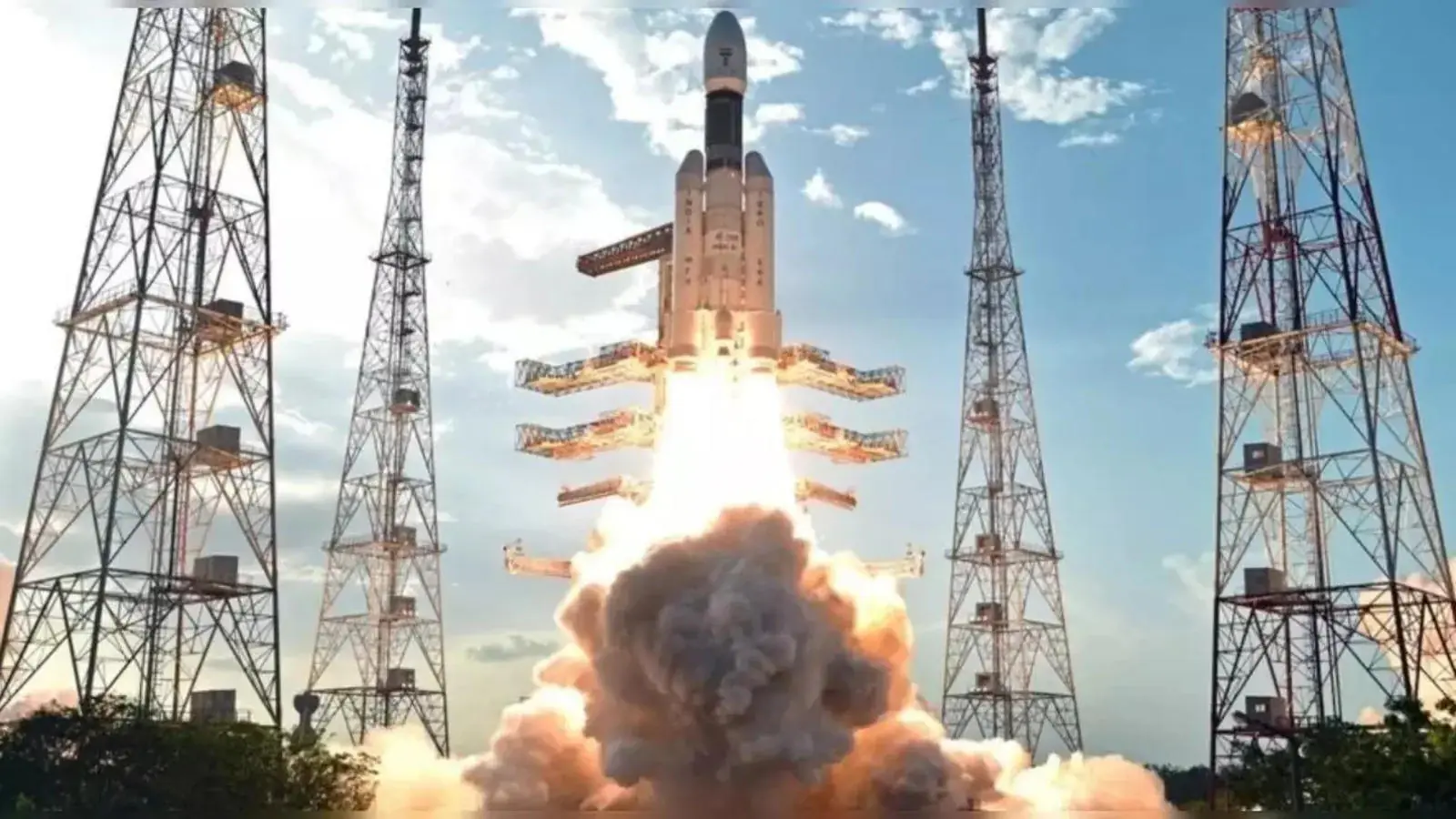Another major success of Indian Space Research Organisation, lightweight nozzle prepared for rocket engines
ISRO: This lightweight nozzle, developed by the space agency's Vikram Sarabhai Space Center (VSSC), claims to enhance critical parameters of the rocket engine, ISRO said. This will increase the payload capacity of launch vehicles.

The Indian Space Research Organisation (ISRO) is constantly creating new horizons. ISRO has now accomplished yet another success. He has created lightweight rocket engine nozzles. The space agency claimed that the creation of lightweight carbon-carbon (Si-Si) rocket engine nozzles, which boost payload capacity, represents a technological advance in rocket engine technology.
ISRO said the rocket, developed by the space agency's Vikram Sarabhai Space Center (VSSC), claims to enhance critical parameters of the engine. This will increase the payload capacity of launch vehicles. It was further said that Thiruvananthapuram-based VSSC developed the nozzle divergent by taking advantage of advanced materials such as carbon-carbon (Si-Si) composites.
By using processes such as carbonization and high-temperature treatment of green composites, it has designed a nozzle with low density, high specific strength and excellent stiffness, which can maintain mechanical properties even at elevated temperatures.
ISRO chief Somnath on Tuesday attended the inaugural meeting of the 42nd Inter-Agency Space Debris Coordination Committee (IADC). During this time he had said, 'When you are considering future exploration, we need to develop skills to possibly go beyond the Earth's orbit like Earth-Moon system and solar planet exploration. I think all those areas are getting crowded too. Especially in the area of the moon. I believe this group will look at that aspect in more detail in the coming days.
Want to get your story featured as above? click here!
Want to get your story featured as above? click here!
During this, ISRO chief announced that India aims to make space missions debris-free by 2030.
He had said, 'The space mission has to be made debris-free by 2023 with the help of all Indian actors, government and non-government. India is creating mechanisms and frameworks to ensure that debris is not generated. He further said that we are creating mechanisms and structures within space systems so that large numbers of debris cannot be generated. A lot of good things have been going on for the last several years. We need to further strengthen all these activities in the coming days.



































.jpeg)



































































































